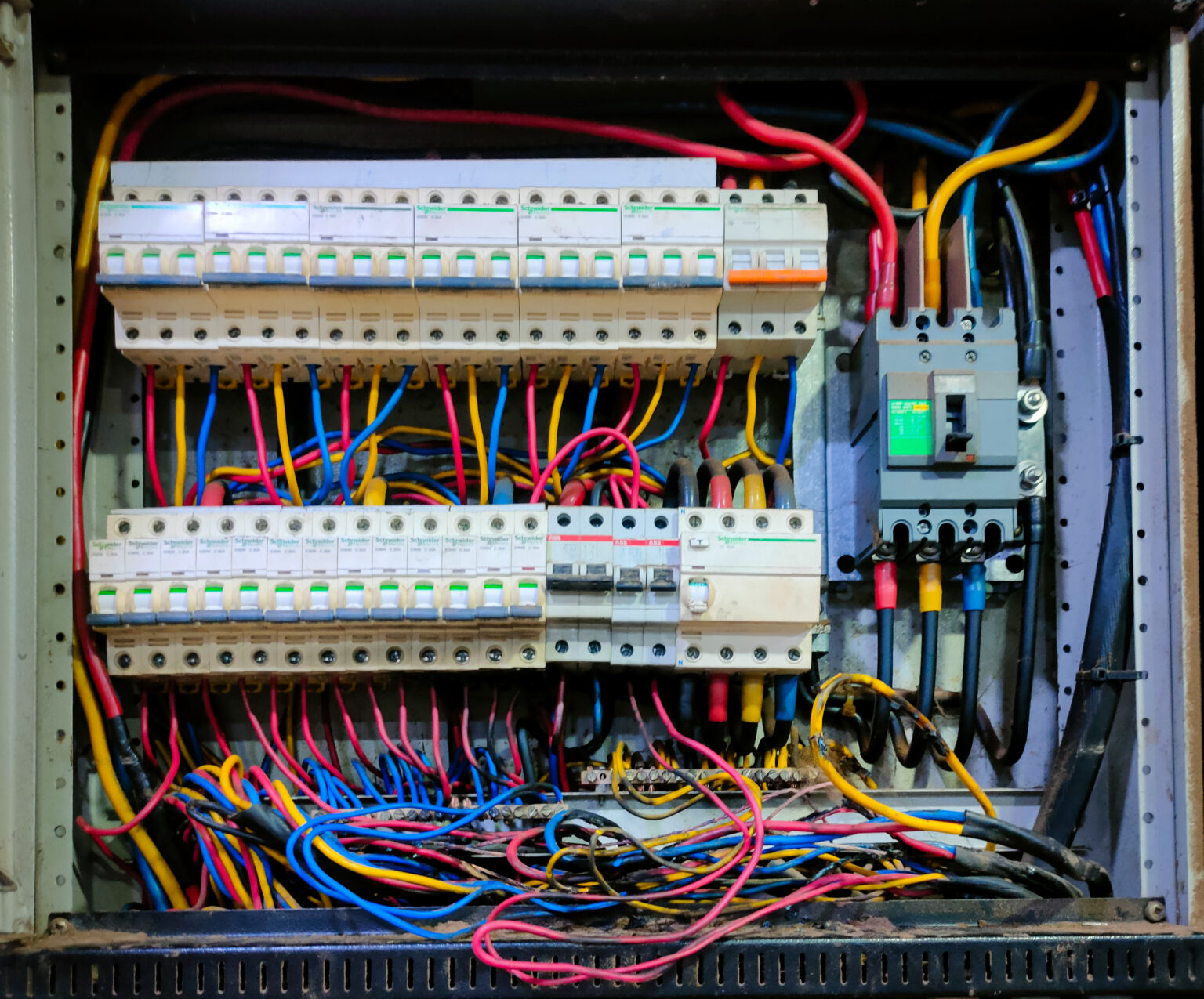In recent years, the emphasis on electrical safety within rental properties has significantly increased. As a landlord, it's crucial to understand the implications of maintaining a safe electrical system in your properties. An electrical safety certificate is not just a legal requirement but also a crucial document that ensures the safety of tenants and the longevity of the property.
What is an Electrical Safety Certificate?
An electrical safety certificate, often referred to as an Electrical Installation Condition Report (EICR), is a document that certifies the safety and functionality of electrical installations within a property. It involves a thorough inspection of the electrical systems by a qualified electrician, who checks for any faults, deterioration, or issues that could potentially lead to hazards such as electrical fires or electric shocks.
Why Landlords Need Electrical Safety Certificates
For landlords electrical certificate is a legal obligation. The regulations require landlords to ensure that their properties' electrical installations are inspected and tested at least once every five years. Failure to comply with these regulations can lead to significant fines and legal repercussions. More importantly, it can compromise tenant safety, which should be a top priority for any responsible landlord.
The Cost of Electrical Safety Certificates
The electrical safety certificate cost can vary based on several factors. These include the size of the property, the complexity of the electrical systems, and the region in which the property is located. On average, landlords can expect to pay between £100 to £250 for an electrical safety certificate. However, investing in this certificate is essential as it not only ensures compliance with legal standards but also helps in identifying and rectifying potential issues before they escalate into serious problems.
Steps to Obtain an Electrical Safety Certificate
Hire a Qualified Electrician: Ensure the electrician is registered with a competent person scheme, which certifies their qualifications and ability to carry out the inspection.
Schedule the Inspection: Arrange a convenient time for the inspection. The process typically involves a thorough examination of the fixed electrical installations, including wiring, plug sockets, and fuse boxes.
Receive the Report: After the inspection, the electrician will provide an EICR detailing any faults or necessary repairs. If the installation is deemed satisfactory, you will receive the electrical safety certificate.
Ensuring Regular Maintenance
An electrical safety certificate is not a one-time affair. Regular maintenance and periodic inspections are crucial to ensure ongoing safety. Landlords should stay vigilant and address any issues highlighted in the EICR promptly. Regular inspections not only enhance safety but also help maintain the value and functionality of the property.
Benefits of Compliance
Adhering to electrical safety regulations and obtaining an electrical safety certificate brings numerous benefits. It ensures the safety of tenants, which can significantly reduce the risk of accidents and associated liabilities. Additionally, it provides peace of mind to landlords, knowing that their property complies with legal standards and is less likely to experience electrical faults.
Conclusion
Ensuring the electrical safety of rental properties is a critical responsibility for landlords. Obtaining an electrical safety certificate is not only a legal requirement but also a proactive step towards safeguarding the well-being of tenants and protecting property investments. The electrical safety certificate cost is a small price to pay for the peace of mind and security it provides. For more information on obtaining an EICR and ensuring electrical safety compliance, visit londoneicrcertificates.co.uk.
check out our site for more details.






Comments